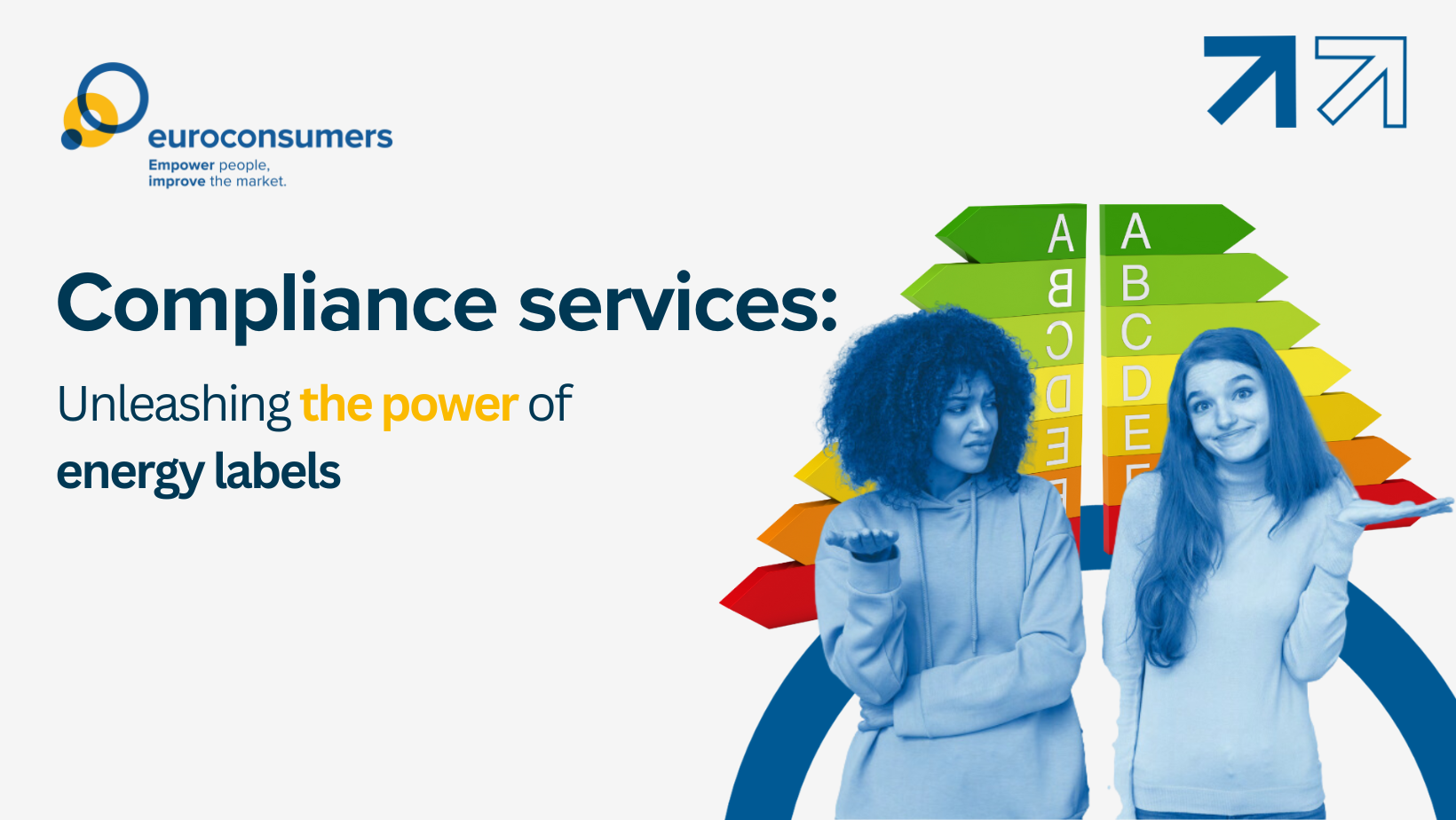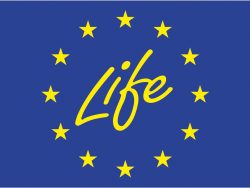This website uses cookies so that we can provide you with the best user experience possible. Cookie information is stored in your browser and performs functions such as recognising you when you return to our website and helping our team to understand which sections of the website you find most interesting and useful.
Compliance services: unleashing the power of energy labels

Bringing the eco-friendly products that consumers want to the EU market relies on a joint approach. Eco-design legislation sets the minimum efficiency standards for products, and energy labeling guides buyers towards the most energy efficient products.
Minimum eco-design standards have helped eliminate the least-performing products from coming to the market. And we know that energy labeling works with 80% of Europeans reporting that their buying decisions are influenced by energy labels.
Together, this stimulates production and purchasing of energy efficient products and helps to meet energy targets. To maintain this, consumers must be confident that the labeling and ratings given to appliances and devices paint an accurate picture of product performance.
Updates to eco-design and energy labels
At present, eco-design and labeling legislation covers more than 30 product categories in the EU market. These include washing machines, IT equipment, consumer electronic devices, heating and air conditioning. Upcoming adaptations to the legislation mean minimum efficiency requirements and energy labeling, including the main energy classification will change. More product categories will also need to adhere to eco-design and energy labeling requirements.
The European Commission estimates that these updated efficiency measures will create energy savings of approximately 230 million tonnes of oil equivalent (Mtoe) by 2030. As well as saving carbon, it will also save consumers money in the long term. An average of €285 per year could be cut from a household energy bill from buying products that use less energy.
The energy label compliance challenge
The problem is that in some market segments, up to 70% of products are not compliant with product information rules. This can be more of a problem amongst smaller importers and manufacturers based outside of the EU who may not be aware of all the specifics of the regulations or timings of changes or where to find accredited test laboratories.
Non-compliance could mean consumers could pay more for energy bills as they may buy products with the wrong information on energy efficiency.
Support for compliance across the supply chain
This is where the new ‘Compliance Services’ project from EU LIFE comes in. Compliance Services is a broad consortium of partners including Altroconsumo Edizioni, involving other consumer organizations, supplier and retailer associations, energy agencies and experts in energy efficiency.
Launched in September 2023, the four year project aims to understand what’s behind eco-labeling non-compliance and come up with ways to reduce it. The project will put in place assistance for the key players in the product chain like suppliers, retailers and installers.
It will raise awareness of the new rules, why proper eco-labeling is so important and help them interpret and apply the right information on their products.
The project will also help suppliers and retailers make best use of a new EU-wide product database called EPREL (European Product Registry for Energy Labelling) which contains comprehensive information for consumers, retailers, market surveillance and other target groups.
Guidance and networks to assist retailers and manufacturers
The initial focus of the project will be on heating, photovoltaic panels, air-conditioning and selected white goods. The comprehensive set of tools will include guidance and training, webinars and e-learning and developing new targeting communications for the target groups that will help them comply with the legislation. A helpdesk service will also be put in place in collaboration with the European Commission to clarify any questions.
International and national supplier, retailer and installer associations will join the Compliance Services consortium and use their strong relationships with the supply side to share and encourage engagement.
Of course, the plans for communication and engagement with the main players in the supply chain won’t replace continuing market surveillance but will help more suppliers meet existing requirements and be ready to comply with new ones when they come into effect.
The project kicked off at a meeting in Vienna on 25th and 26th September. Follow #ComplianceServices for more upcoming news about the new project and learn about the upcoming changes to the energy label policies.

Funded by the European Union. Views and opinions expressed are however those of the author(s) only and do not necessarily reflect those of the European Union or CINEA. Neither the European Union nor the granting authority can be held responsible for them.


